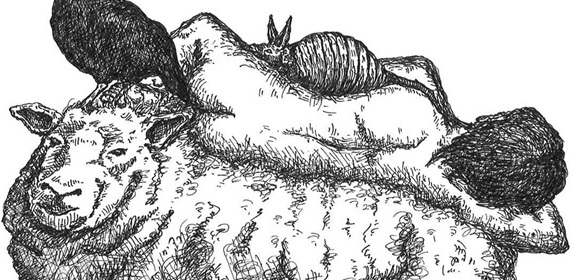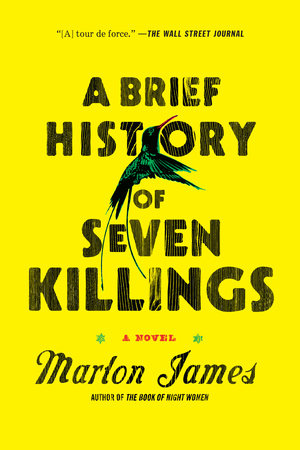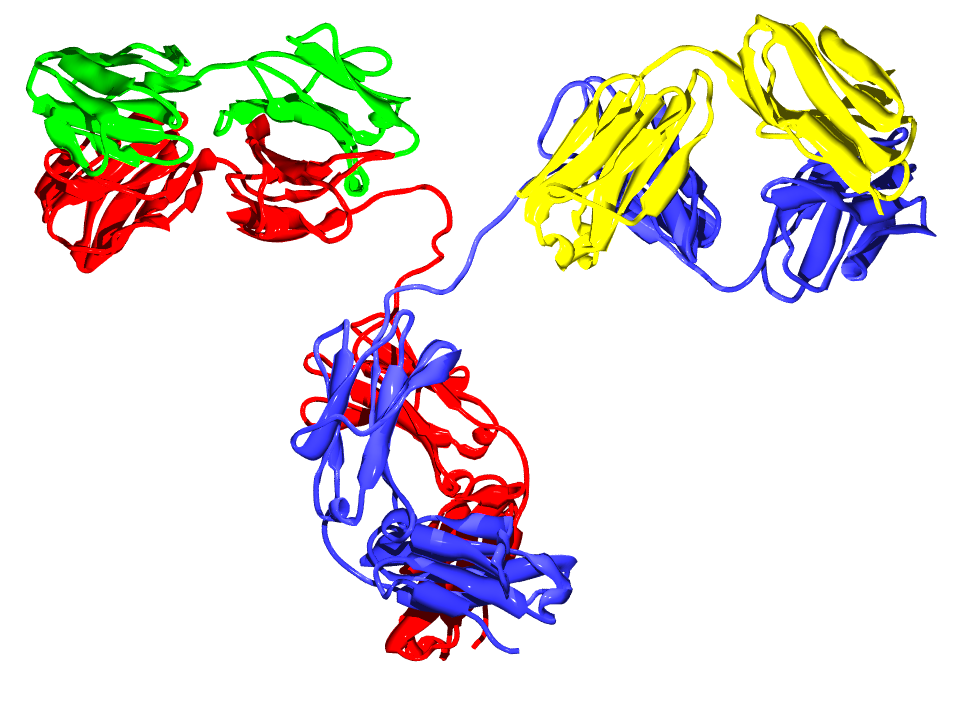“Like a Plastic Bag”: or, What Can Genre Stand For Today?
Jessi O'Rourke-Suchoff / 11.09.15
California's gender dynamics are also rigid and unimaginative, and often as conservative as those reinforced in The Interview. Frida's pregnancy provides much of the plot's intrigue and suspense, and also where we find an uncomfortable parallel to The Interview's joke about men embracing their identification with plastic bags. Frida carries around the wilderness a few "artifacts" from her life in Los Angeles. The most persistent of these objects is a turkey baster, which she inexplicably keeps secret from Cal. The baster functions on none of its literal or metaphorical levels in this mid-apocalyptic setting - there are no turkeys to be kept moist for familial feasts, and Frida becomes pregnant by having sex with Cal. The baster signals at once the normative and the queer: the traditional, domestic sphere as well the possibility of human continuation without men as active agents of the reproductive process. Frida's strange intimacy with the object, the way she covets it shape and the sound it makes as she evacuates it of air, and the improbable conflict it provokes when Cal discovers she has been hiding it, organizes her anxieties about the place of women in this new world order.
*
So what fills these empty, plastic containers? If The Interview's answer is a reaffirmation of masculinity through cross-gender play, California's answer is an unwitting parody, the rallying cry for motherhood above all else. In the end, Frida and Cal travel to one of the affluent Communities to await the birth of their child. The novel sets us up to expect the big cannibalism reveal, to believe that the absence of children in the Land is the consequence of a horrifying, McCarthy-esque human farming operation. Yet an infinite regression of mythical allusion, the ultimate subversion of these expectations through their inversion leads only (if ultimately uneasily) to yet another trope: the female as an empty vessel, the "wasted space" of Perry's formulation, until she might be called upon to perpetuate mankind.
The turkey baster is the plastic bag in a different form, a potent symbol of how generic troping can signal critical work that its content fails to perform. It reveals how convention can operate as an empty, synthetic container that allows its author to avoid taking a critical stance by merely invoking the platform upon which such stances have historically been taken. When we think about California as failed dystopian fiction, it makes sense that Colbert never actually invited his viewers to read the novel at all. Colbert's satiric play at mobilizing consumers against Amazon aims to portray limiting product distribution as a tyrannical act. The fight here is not about content at all, not about what is produced, but about the freedom of the consumer to access production, period, no matter what that object contains.
The cases of The Interview and California ultimately differ in terms of who gets the last laugh. Rogen's public response to his film suggests that the irony of peddling the consumption of a representation that champions an oppressive value system as an act of protest against a regime that such a system enables eluded him. The joke was on Rogen as much as it was on those of us who watched the film as a means of political engagement. But who or what, exactly, is the butt of Colbert's joke? Without reading the novel, the answer might be Amazon and Hachette, and, more broadly, the fact that corporate positioning, which steamrolls over emerging producers, seems always to go unpunished in the end. But if we do read California, the answer must be Colbert's own viewers, and here is where we actually see the genius of his satire at work. The ultimate fantasy of free-market capitalism (and the secret fantasy of a liberal-minded American public) is for consumption to be an act of political engagement, a symbolic stand against tyranny. By choosing a novel whose content is not critical at all, and in fact reasserts gender and racial stereotypes, to be the object of his ploy, Colbert's satire folds back in on itself: the book is a chamber whose echoes amplify the feeble timbre of the act of pre-ordering it.
Jessi O’Rourke-Suchoff is a Ph.D candidate in the department of comparative literature at Princeton. She is writing a dissertation about losing and finding things in the contemporary novel.




Comments